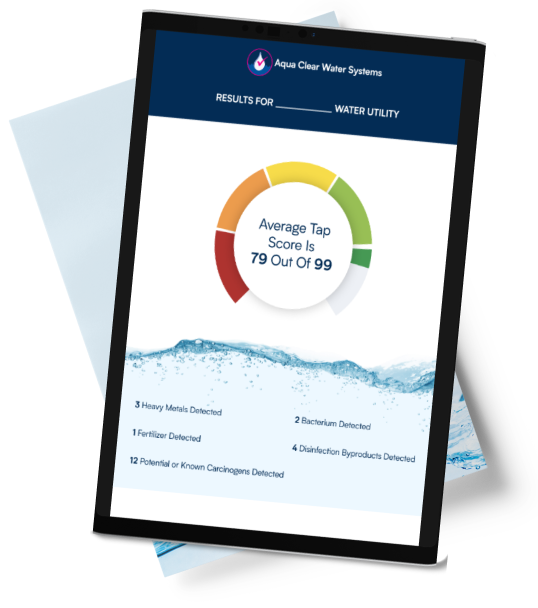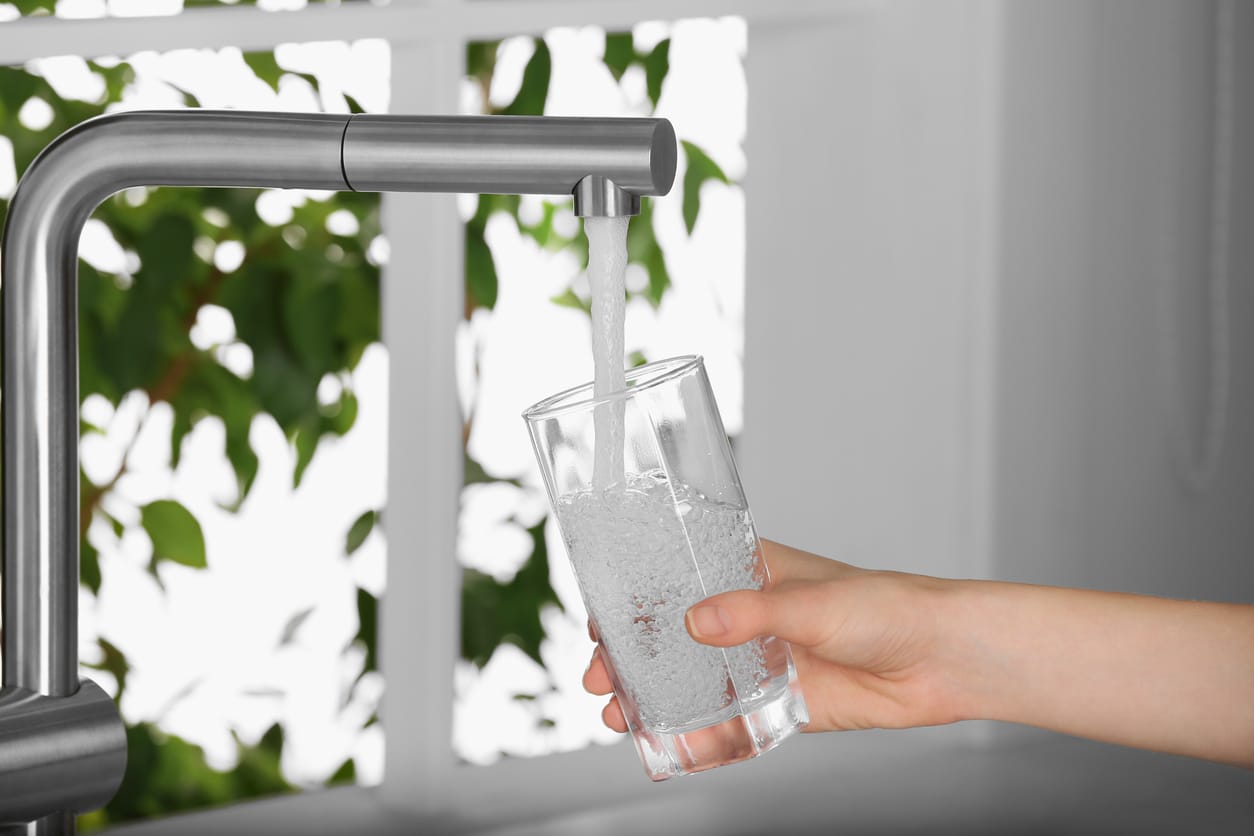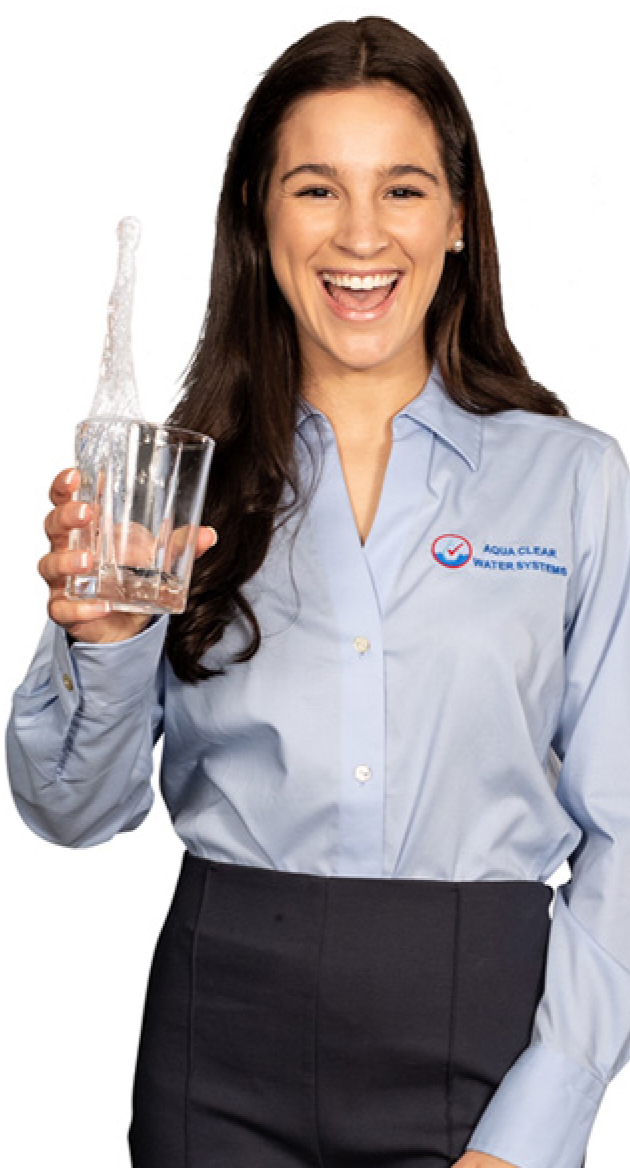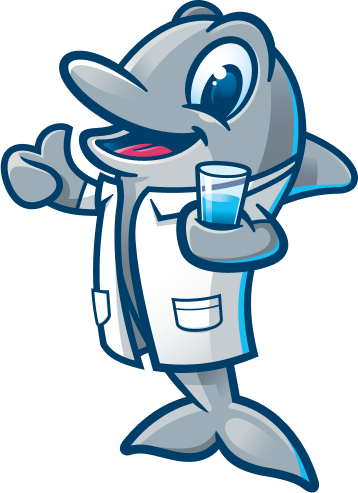Does tap water cause kidney stones? Many people are told simply to ‘drink more’ to reduce their risk of kidney stones, but increasingly people are beginning to question whether the water they consume could be the problem not the solution.
However, hydration in any form is a protective factor rather than harmful when trying to avoid kidney stones. This article aims to outlines the truths of the matter, dispel the common myths and give you practical advice in the reduction of kidney stone risk.
What are Kidney Stones and How do They Form?
Kidney stones are deposits formed by the accumulations of minerals or waste products from the blood, which gather in the kidneys. The kidneys act as the filtration system for the blood, where urine is created to pass this waste out of the body.
The mineral or waste deposits clumps together in hard crystallized lumps which need to pass out of the body as urine does, though their size can make this painful.
Most kidney stones are small enough to be passed without too much trouble, with symptoms that can be relieved with advice from a physician and treatment at home. Symptoms you may notice include:
- Pain in the groin, the sides of the stomach and towards the back (as this is where kidneys are situated).
- High temperature.
- Feeling or being sick.
- Noticing blood in the urine.
- Urine infection.
A kidney stone which moves far enough to leave the kidney but blocks the ureter (tube to the bladder) may cause an infection, as the waste products which should leave the kidneys are unable to and bacteria begins to build up. The symptoms of a kidney infection are similar to kidney stones, with the addition of:
- Chills and shivering.
- Feeling very weak or tired.
- Cloudy urine that has a strong smell.
Can Water Cause Kidney Stones?
Does water cause kidney stones? The simplest answer is no!
The real issue is not consuming enough water. Low fluid intake means that the body can’t produce enough urine, and what it does produce is more concentrated (which leads to its darker color) with minerals and waste products.
Highly concentrated urine cannot dissolve substances such as excess minerals or waste products so instead they may bind together as solid, forming kidney stones.
Of course, excessive water intake may also cause bodily harm. Hyperhydration can lead to dizziness, balance problems, nausea and cramping. But it cannot lead to kidney stones.
Consuming water, whatever the type, is not the problem where kidney stones are concerned. Dehydration, however, is a major contributing factor and should be avoided wherever possible.
Does Tap Water Cause Kidney Stones?
It is common to worry about the mineral content of tap water, especially where water is ‘hard’, as is the case in much of the United States. Hard water is affected by mineral deposits at the water source, predominantly limestone and chalk although there are others. Common minerals in unfiltered tap water are calcium, magnesium and bicarbonates.
Research has found no clear evidence to link the consumption of tap water (even in hard water areas) to the risk of kidney stone development in the general population. The body can regulate its calcium levels well in most cases, absorbing what is needed and expelling the rest in the urine. Those already prone to calcium-based kidney stones may need to consider their total calcium intake to remain healthy, but diet is much more impactful in this case than water.
The taste, odor and potential contaminants present in tap water may put people off drinking it, which increases their dehydration. Dehydration is a known indirect cause of kidney stones, which makes filtering water to affect taste, odor and contaminants, a useful solution.
Tap Water vs. Filtered Water: Is There a Difference?
Having considered tap water and its impact on your risk of developing kidney stones, you may be wondering if filtered water may be better for your kidneys.
Tap water contains natural minerals which are not harmful to most people. In contrast, filtration systems reduce the minerals in tap water.
Typically, people choose to filter their tap water to remove chlorine and sediments, as well as improving the taste and odor of their water. Doing so often encourages a higher water intake, which we know is the greatest protective factor against kidney stones.
There is no strong medical evidence for either kind of water in relation to the risk of kidney stones. The key is water consumption, not water type, so the best type is whichever helps you to drink enough throughout the day.
Other Drinks and Kidney Stone Risks
Plain water is the best choice for mitigating the risk of developing kidney stones, but is it the only option?
Sugary sodas, a common beverage choice, may increase the risk due to containing fructose and phosphoric acid in conjunction with caffeine.
Coffee consumption appears, in several studies, to be more beneficial than harmful. The fluid content contributes to overall urinary volume and certain compounds in coffee can reduce the binding of calcium oxalate crystals in the kidneys.
Drinks containing citrus fruits can reduce your risk of kidney stones due to citrates binding with calcium in the urine, which prevents the formation of calcium oxalate. Citrates also increase the urine’s acidity which reduces the development of kidney stones.
How to Reduce Your Risk of Kidney Stones
You should aim to consume around two liters of water per day for optimum hydration. This figure may need adjustment when temperatures are higher or when you are more physically active. Take the color of your urine as an indicator of hydration. It could be a pale yellow color without a strong odor.
Lemon or lime can be added to water for a flavor boost. These have the added benefit of adding citrates to your water, which alter the acidity of urine and can reduce the formation of kidney stones.
If it encourages you to drink more water throughout the day, then by all means, filter your tap water. We would be delighted to support you in choosing a home filtration system from AquaClear Water Systems.
Conclusion
The key point of this article is to demonstrate to you that water helps to prevent kidney stones, it does not cause them. Hydration is a protective factor not a risk factor where kidney health is concerned.
Tap water is safe, although we encourage you to consider filtration for improved taste purposes as well as the other health benefits it provides. At AquaClear Water Services, we are one of the top-rated providers of water filtration systems and we pride ourselves in our ability to support our customers through every step of the installation and aftercare process. Get in touch with our team here to get started.
Steady hydration and healthy lifestyle choices are the key to reducing your risk of kidney stones. As with any health concern, you should seek advice from a doctor about your own individual risks, especially if you have family history of a condition or are particularly prone to it.







